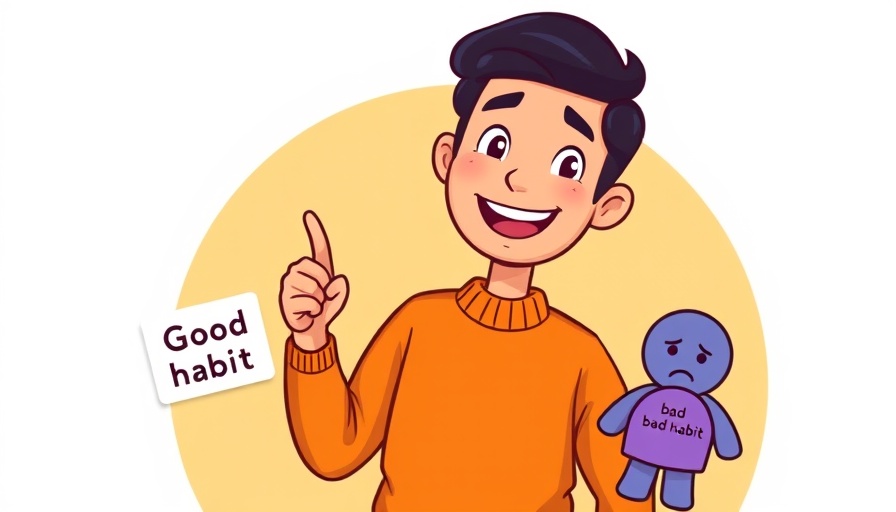
Understanding the Signs of a Toxic Relationship
What does it feel like to realize, perhaps too late, that you are in a toxic relationship? For many, including myself, this can often be a disorienting journey that feels like living in a fog. I spent nearly a year grappling with the glaring issues that my inner voice highlighted versus the comforting yet misleading narratives constructed by my ego. Understanding this emotional confusion is the first step towards eventual healing.
Painful Loss Can Lead to Self-Discovery
In escaping my toxic relationship, I was forced to relinquish almost everything I knew—my home, possessions, and a semblance of security. This upheaval led me straight to a women’s shelter, a place I once dreaded but ultimately became a refuge. Ironically, losing my former life turned out to be a profound gain. It unlocked a connection to my inner self that had eluded me for so long, laying the foundation for personal growth. Embracing my vulnerability became the path to discovering what truly matters: my worth and voice.
Listening to Your Inner Voice
Grasping the difference between my intuition and the self-sabotaging whispers of my ego was crucial. Initially, I viewed my instincts as negative critiques, but they were, in essence, guiding lights towards healing and growth. Upon reflecting on significant moments in my past relationship, I couldn't ignore that nagging feeling of being unheard or devalued. Those little signs—like my partner redirecting tough conversations—were my inner self trying to communicate the truth.
Owning Your Story: A Path to Healing
“Owning our story can be hard but not nearly as difficult as spending our lives running from it,” wrote Brené Brown. This sentiment resonates profoundly within the context of toxic relationships. Embracing my narrative, flaws and all, became instrumental in my recovery process. This act of ownership not only solidified my journey but also helped me clear away the weight of constant self-doubt and confusion. It was crucial to accept that my experiences, however painful, shaped a resilient new identity.
The Power of Connection and Community
Through this tumultuous change, I discovered the importance of establishing connections with those who understand the journey I am navigating. Community support plays a critical role in emotional recovery. Sharing my tale not only lightened my burden but also opened doors for others in similar situations, creating a wave of compassion and personal development that strengthens us all. When we feel isolated, the recovery process can feel impossible; but in these connections, we find our strength.
Rising Strong: Strategies for Self-Improvement
Those who have traversed similar characteristics may find solace in developing actionable personal growth goals. Building a support system can take shape in various forms: friendship, therapy, or even groups centered on personal development. Don’t shy away from exploring these resources; they are helpful in redefining boundaries and rekindling an innate sense of self-worth that might have been lost in a toxic dynamic.
Taking Action: Moving Forward
If you find yourself aligned with my journey, remember that self-improvement is not a solo endeavor. Reach out for help, explore resources—be they books, community programs, or professional coaching—to assist in carving out your path towards growth. Each small step is a victory on the journey of healing—celebrate it!
Your journey matters. Remember to embrace your story, every twist and turn, as you cultivate the future you deserve. Change is possible, and by prioritizing self-improvement, you not only empower yourself but also foster a supportive community that lifts one another up.
 Add Row
Add Row  Add
Add 




 Add Row
Add Row  Add
Add 

Write A Comment